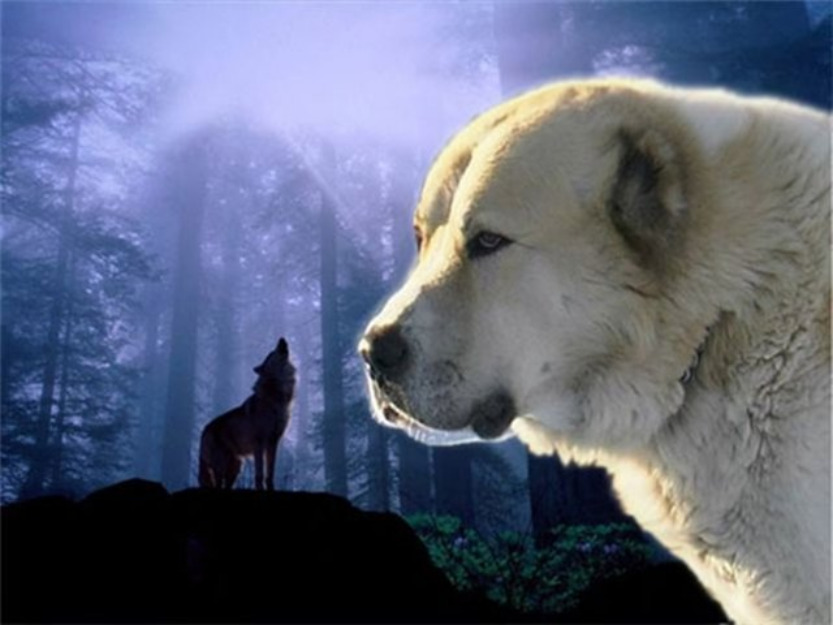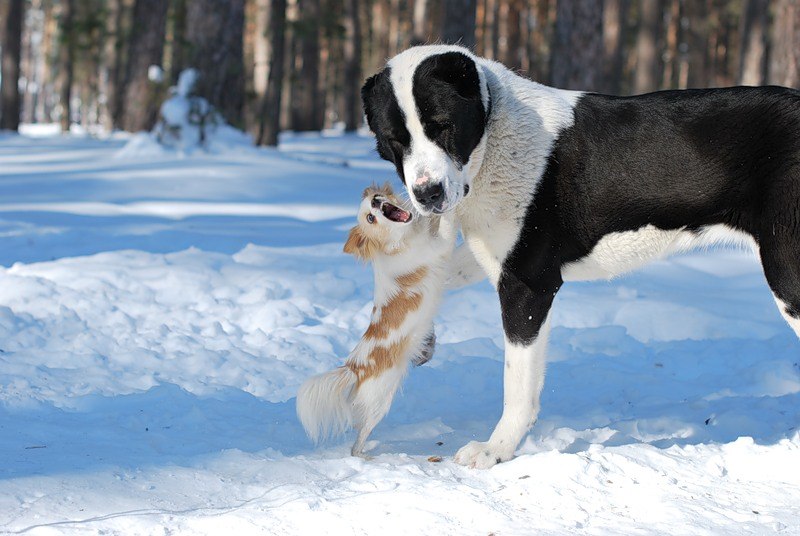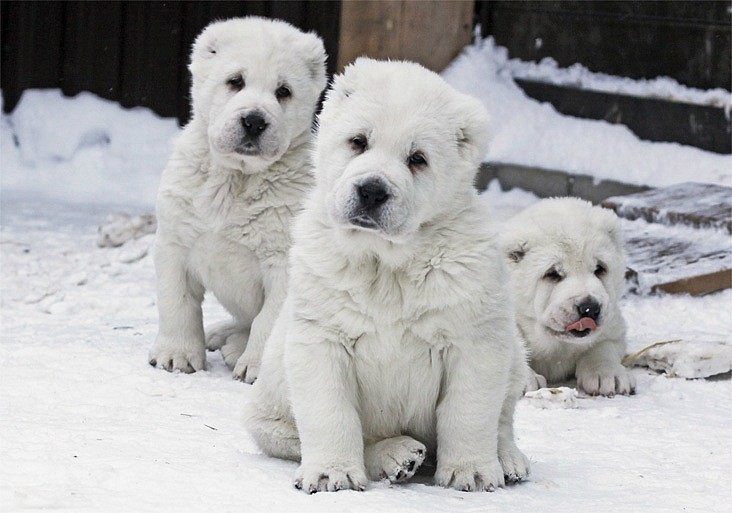What to expect from this breed
What do we expect from a good big dog? Well, of course, we want it to protect the owner, his house, family, and children. We also want to see the desire of the dog to work together with the owner; the ability to hear and listen to the owner; the ability to make independent decisions and to have the calm attitude to changing external circumstances. The dog should automatically modify the size of the protected area, depending on the location (house, yard, street, park, transport, or out-of-town trip). It should not be choleric or excessively phlegmatic. Tranquility, courage, ability to engage in collective activities, quick adaptation, analysis of the situation (defining whether it is dangerous or not, whether something is living or not) are the requirements for a dog of any guardian breed. On the other hand, absolutely unacceptable are such qualities as cowardice, trustfulness, and friendliness towards outsiders, unwarranted aggression, lack of skills to work with teeth (yes, Asian Shepherds must also be able to bite, contrary to the widely spread myths that this dog needs teeth only to eat wolves). So, what is the difference between the Central Asian Shepherd and the dogs of other breeds? They are larger and they more easily adapt to climatic conditions (they are all-weather). Apart from that, they are loyal to farm animals and adaptive to any type of their use (territory protection, as well as livestock protection during grazing, serving as bodyguards and bloodhounds). At the same time, Asian Shepherds are more prone to ritual behavior and they have more developed life support instincts. Both in their appearance and behavior, they are much “wilder” than other guard dogs. It is common for the Central Asian Shepherd to control the situation; such dogs always monitor the environment. A very prominent feature of Central Asian Shepherds is the ability to quickly switch from a rest state to an excitation state and vice versa. Courage, devotion, and caution are perfectly combined in the dogs of this breed. They will never get into trouble, but they will do the job. As a rule, beyond its territory and in the absence of the owner, an Asian Shepherd that is not kept on a leash is not attacking by-passers; it will not approach strangers and will prefer to avoid conflicts instead. Unfortunately, due to the fact that modern cynological organizations do not require any confirmation of the official service features of breeding dogs for being allowed to raise guardian breeds, the majority of dogs belonging to guard breeds, including Central Asian Shepherd dogs, are rapidly degrading. In our kennel, we do test our dogs for the natural ability to guard territory and owners. We don`t teach our dogs to attack though and do not recommend training them to be an attack dogs.





